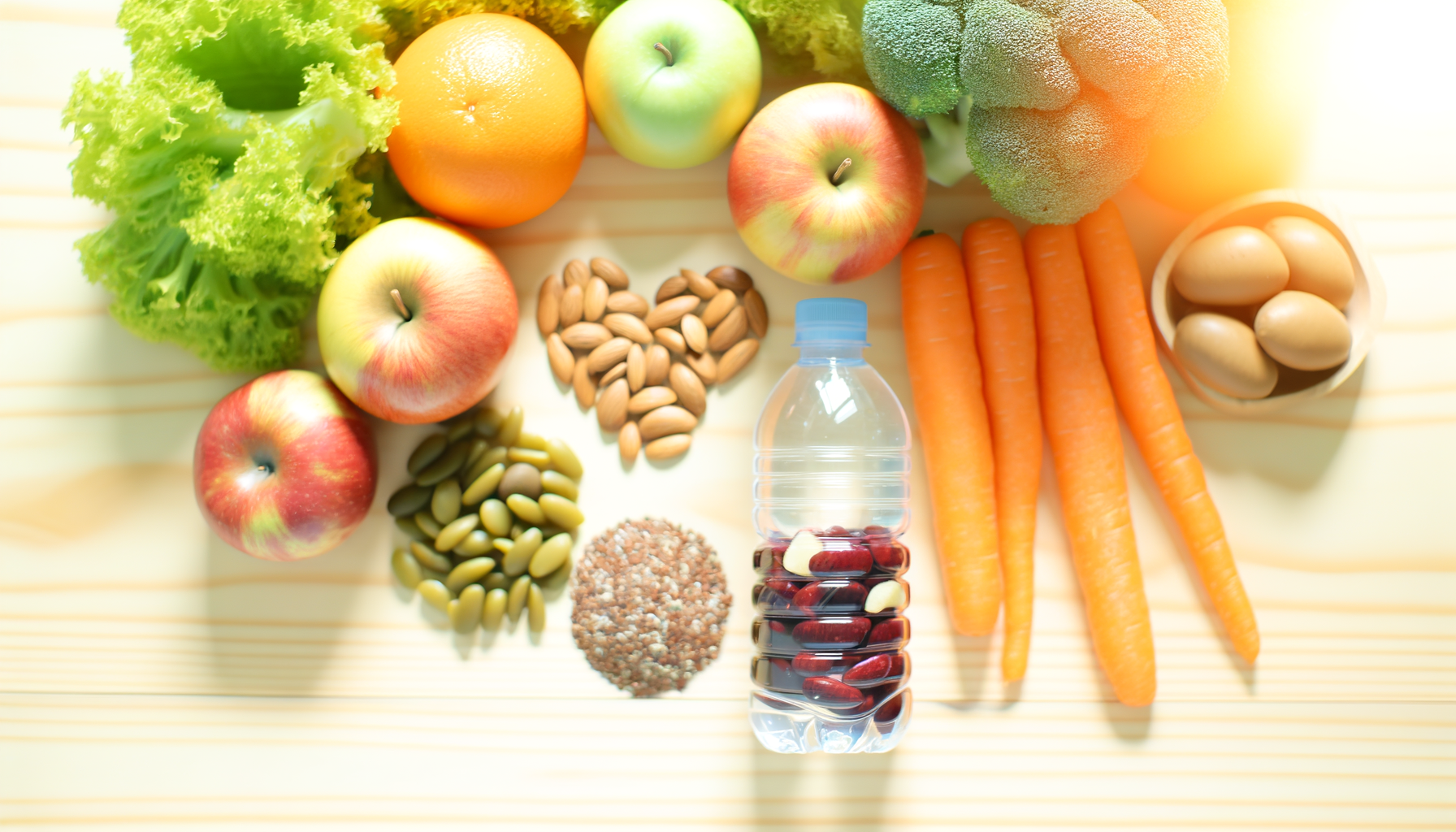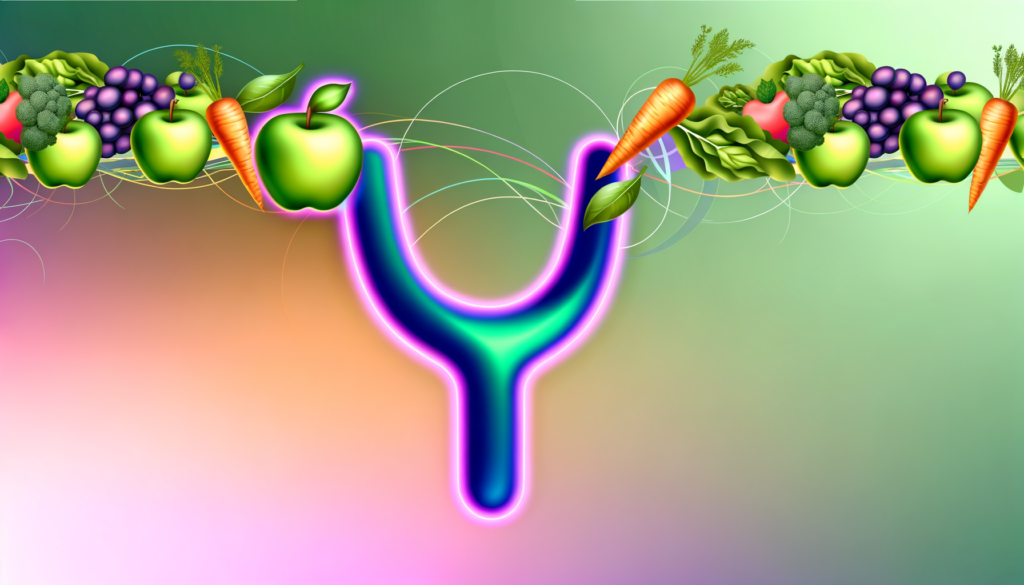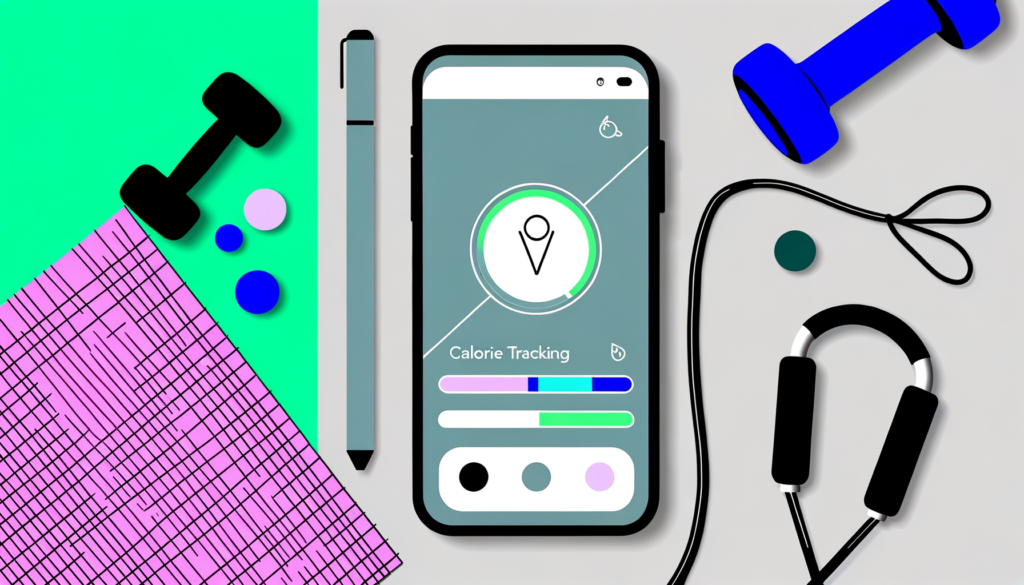Understanding the Role of Calories in Kidney Health
When it comes to maintaining kidney health, the type and amount of calories you consume can have a significant impact. Here, we will delve into the details of how calorie sources affect kidney function and overall renal health.
The Importance of Caloric Intake for Kidney Health
Calories are essential for providing the body with the energy it needs to function properly. For individuals with kidney disease, managing caloric intake is crucial. According to the National Kidney Foundation, calories are like fuel for the body, and getting the right amount is vital to maintain a healthy weight, perform daily tasks, and support muscle and tissue health.
If you are not consuming enough calories, your body may start to use protein from your muscles for energy, leading to weakness and potential damage to your kidneys. On the other hand, excessive calorie consumption can lead to weight gain, which can burden the kidneys and exacerbate kidney disease.
Balancing Calories and Weight Management
Weight management is a critical aspect of kidney health. Being overweight can put additional strain on the kidneys, while being underweight can indicate poor nutrition and increased risk of infections. A dietitian can help you set up a personalized plan based on your kidney blood tests, current food choices, and daily activities to ensure you are getting the right number of calories.
For example, if you are overweight and have diabetes, reducing calorie intake while maintaining adequate nutrition is key. This might involve reducing portion sizes, avoiding high-calorie foods, and incorporating more physical activity into your daily routine. Tools like the Calorie Calculator Cloud can be invaluable in helping you track and manage your calorie intake effectively.
Impact of Calorie Sources on Fluid Balance
Fluid balance is another critical aspect of kidney health. The kidneys play a central role in regulating the volume and composition of bodily fluids by controlling water and electrolyte excretion. The type of calories you consume can affect this balance.
For instance, high-sodium foods, which are often high in calories, can affect blood pressure and fluid balance. Foods like processed meats, canned goods, and restaurant foods are high in sodium and should be consumed in moderation. Reading food labels and choosing low-sodium options can help manage fluid balance and reduce the strain on the kidneys.
Additionally, the consumption of fluids themselves, such as beverages and foods that turn to liquid at room temperature (like ice cream or soups), needs to be monitored. Excessive fluid intake can lead to swelling, shortness of breath, and increased blood pressure, all of which can be problematic for individuals with kidney disease.
Carbohydrates and Kidney Health
Carbohydrates are a significant source of calories and play a crucial role in the kidney diet. They provide the energy needed for daily activities and affect blood sugar levels, especially for individuals with diabetes. Foods rich in carbohydrates include starchy vegetables, breads, grains, fruits, and dairy products (except cheese, butter, and cream).
The serving sizes of carbohydrate foods are important for overall weight control and glucose management. A typical serving of a carbohydrate food provides 60-100 calories and 15 grams of carbohydrate. For individuals on hemodialysis, 40-60% of their total daily calorie intake should come from carbohydrate foods, while those on peritoneal dialysis may require fewer carbohydrates due to the dextrose absorbed from the dialysate.
Protein and Calorie Balance
Protein is another essential nutrient that must be balanced with calorie intake. While protein is vital for building and maintaining muscle, excessive protein consumption can put additional strain on the kidneys. The right amount of protein, combined with the appropriate calorie intake, helps the body use protein effectively without overburdening the kidneys.
Vitamins and Minerals in Renal Nutrition
Vitamins and minerals are also crucial in a kidney-friendly diet. However, the amounts needed can vary significantly for individuals with kidney disease. Certain vitamins and minerals may need to be limited or supplemented based on individual needs. For example, potassium, phosphorus, and calcium intake must be carefully managed to avoid complications such as hyperkalemia or hyperphosphatemia.
Real-World Examples and Case Studies
In real-world scenarios, managing calorie sources is often a complex task that requires personalized planning. For instance, a patient with stage 3 kidney disease who is also diabetic might need to follow a strict carbohydrate counting plan to manage blood sugar levels while ensuring they get enough calories to maintain their weight and energy levels.
A case study might involve a 45-year-old male with chronic kidney disease who is overweight and has high blood pressure. His dietitian would create a meal plan that reduces overall calorie intake, limits sodium and fluid consumption, and ensures he gets the right balance of carbohydrates, proteins, and healthy fats. This plan would be tailored based on his kidney function tests, daily activities, and other health conditions.
Summary and Next Steps
In conclusion, the impact of calorie sources on kidney function and health is multifaceted. It involves balancing caloric intake to maintain a healthy weight, managing fluid balance, and ensuring the right mix of carbohydrates, proteins, and other nutrients.
For individuals looking to manage their kidney health effectively, here are some key takeaways:
- Consult a Dietitian: Work with a renal dietitian to create a personalized meal plan based on your specific needs and health conditions.
- Use Nutrition Tools: Utilize tools like the Calorie Calculator Cloud to track and manage your calorie intake.
- Monitor Fluid Intake: Be mindful of fluid consumption and avoid excessive intake of high-sodium foods.
- Balance Nutrients: Ensure you get the right balance of carbohydrates, proteins, and other essential nutrients.
By taking these steps, you can better manage your calorie sources and support your overall kidney health.
For more detailed information and to start your journey towards better kidney health, consider exploring resources from reputable organizations such as the National Kidney Foundation and DaVita. Additionally, reviewing the Calorie Calculator Plans can help you find the right tool to support your nutritional needs.








